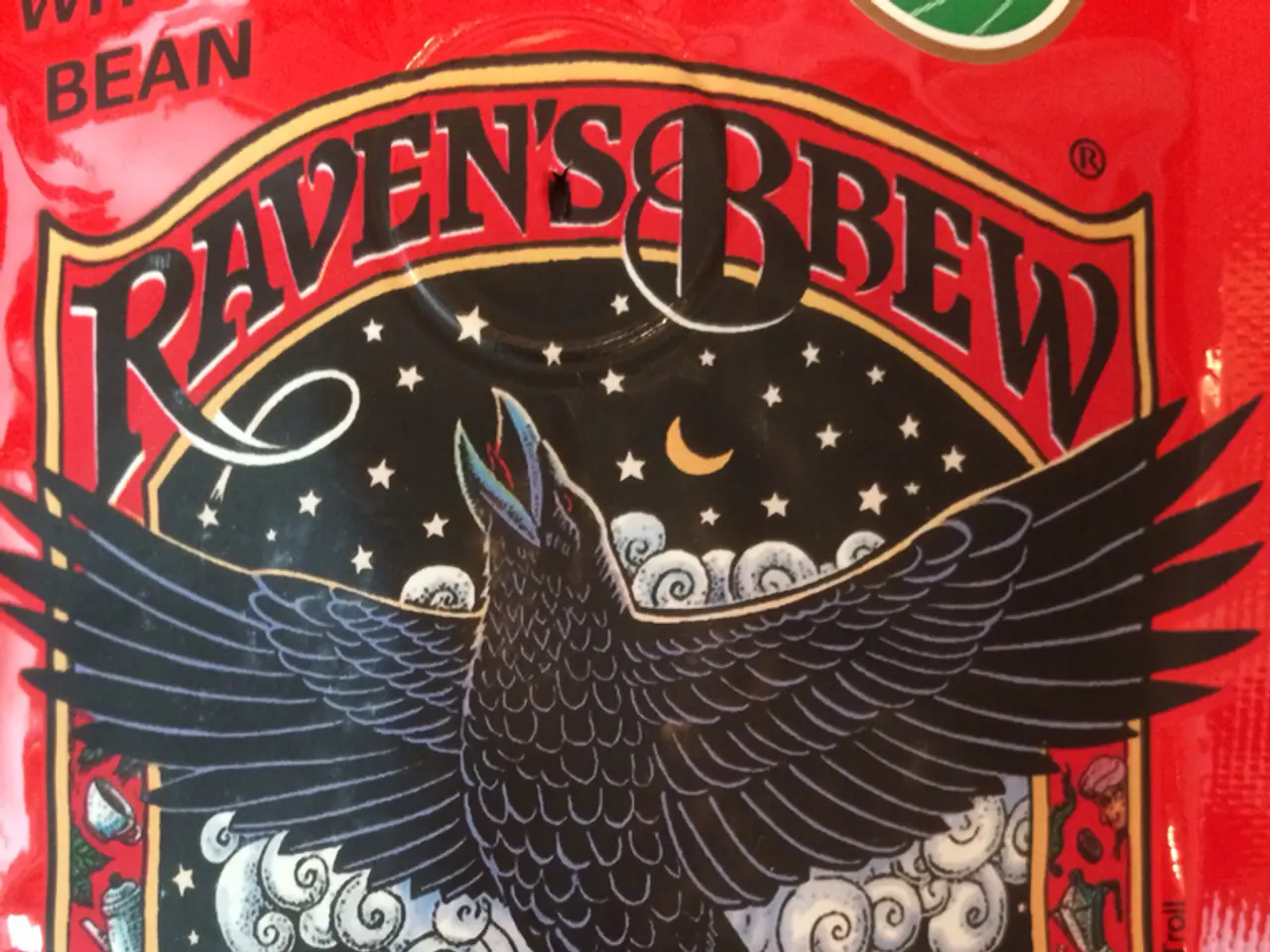Is it true that certain foods can speed up metabolism and promote fat loss?
Metabolism, a term often thrown around in discussions about weight loss and health, refers to any bodily process that uses energy. These processes include digestion, breathing, circulation, controlling body temperature, muscle contraction, and brain and nerve function. The speed of our metabolism is largely outside of our control and plays only a minor role in weight management.
While no single food is going to magically boost your metabolism, some foods may aid in boosting metabolism. For instance, green tea and hot peppers are often cited for their potential benefits. Green tea contains a compound called EGCG that promotes fat oxidation and may increase metabolic rate at sufficient doses. Hot peppers, on the other hand, contain a compound called capsaicin that may boost metabolism and have other metabolic benefits.
Moderate caffeine intake, found in green tea, has been shown to temporarily increase an individual's metabolic rate. However, it's important to note that the body expends a certain number of calories to perform these functions at rest, which is otherwise known as resting metabolic rate. The National Institutes of Health recommends less than 400 to 500 milligrams of caffeine per day for most nonpregnant adults.
Coconut oil's claim to fame is that it contains MCTs, or medium-chain triglycerides, which are thought to be stored in the body less easily than other types of saturated fat. A 2015 meta-analysis suggested potential for modest reductions in body weight from eating more MCTs than long-chain triglycerides. However, a 2018 study found no significant changes to energy metabolism when coconut oil was added to a meal.
Protein is another nutrient that can help increase metabolic rate and promote fat burning. Consuming about 35 to 30 grams of protein per meal may have benefits for appetite, body weight management, and cardiometabolic risk factors. A 2021 study found connections between a high-protein diet and the promotion of fat loss and energy expenditure.
The key to a healthier-for-you weight is eating a balanced diet composed of nutrient-dense foods. While certain foods may have a minor impact on metabolism, the real key is maintaining a balanced diet and engaging in regular physical activity. If you enjoy the spicier side of life, there's no reason to hold back on adding cayenne to your food.
It's also important to note that the amount of green tea or hot peppers used in clinical studies tends to be much higher than an average serving. More research is needed to fully understand how these compounds affect the body and to determine safe and effective doses for everyday consumption.
In conclusion, while certain foods and substances may have a minor impact on metabolism, the real key to weight management is maintaining a balanced diet and engaging in regular physical activity. The body's metabolism is largely outside of our control, and it plays only a minor role in weight management. Focus on a balanced diet and regular exercise for overall health and wellness.
Read also:
- Peptide YY (PYY): Exploring its Role in Appetite Suppression, Intestinal Health, and Cognitive Links
- Toddler Health: Rotavirus Signs, Origins, and Potential Complications
- Digestive issues and heart discomfort: Root causes and associated health conditions
- House Infernos: Deadly Hazards Surpassing the Flames








